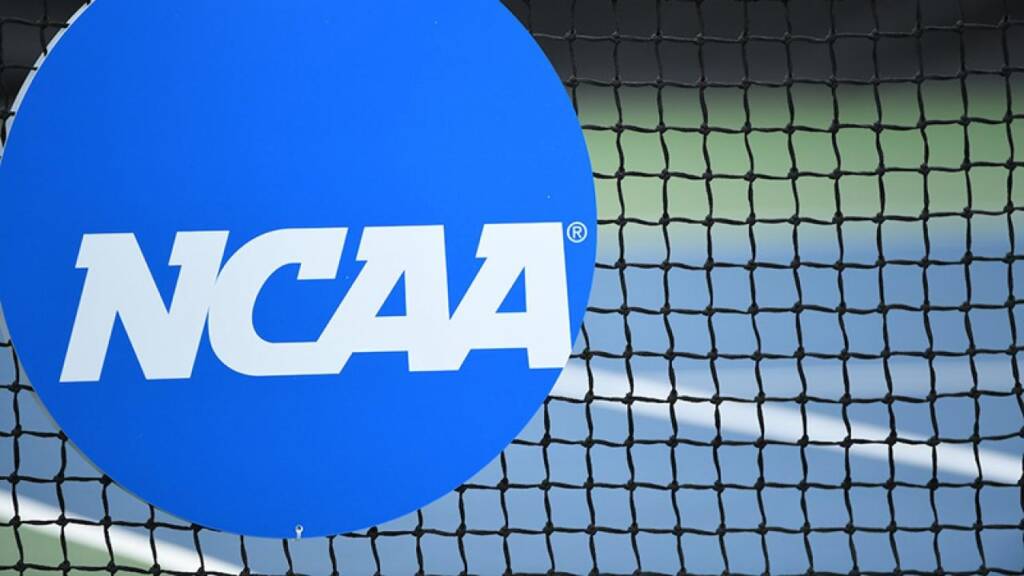How have college admissions processes changed because of the pandemic?

1. Moving away from standardised test scores
Standardised testing has always been viewed as a means to provide a level playing field for student assessment. While this may have been true historically, these tests are being questioned as to whether they are a fair gauge of student-aptitude in current times.
Students who have greater financial resources have better access to additional tutoring that could boost their scores. Conversely, students who come from less-affluent backgrounds may not be able to attend educational institutions that guarantee better test scores. The recent college admissions scandal in the US has highlighted how students with greater access to resources can resort to illegal means just to gain admission into universities.
The pandemic has brought out this contrast in all its stark reality and Universities may consider phasing out these tests entirely. College admissions officers are now placing greater emphasis on a student’s achievements outside of their usual test scores. This primarily increases the emphasis on the students’ performance in the classroom.
2. Greater importance placed on non-academic achievements
To ensure that students who cannot sit for exams are not disadvantaged in their applications, admissions officers are now considering things like recommendations from teachers, interviews and essays. These give a better idea of a student’s character and their contributions to the school and community.
However, the pandemic has posed some challenges in this area. Many extra-curricular activities such as sports and the performing arts have been put on hold. Training has taken a back seat, especially in group settings, and sports events have been cancelled. On top of this, due to lockdowns and restrictions on social interactions, activities such as volunteer work or community work may have been curbed.
Therefore, it is important for students to highlight aspects that will make them stand out, such as interests that set them apart, academic research, or their own personal achievements outside of school.


3. New forms of evaluation will likely be introduced
With the move away from standardised tests, there will likely be greater emphasis on alternative assessments. This may be in the form of new essay prompts which have not been presented before, or requests for portfolios showcasing different aspects of a student’s work. Personal statements have now become more important. Even before the pandemic, these tasks have been difficult for students to navigate. Now, it could become even more challenging.
Kyla Widodo worked with AddedEducation throughout her application process. An accomplished student and athlete, the consultation process helped her identify her interests and passions and develop them into something that would benefit the community.
AddedEducation helped to translate these interests and activities into her essays in a way that would help showcase her personality authentically. At the end of her 2-year journey with AddedEducation, Kyla was accepted to Dartmouth College in the Early Decision round to the Class of 2025
Personal statements have always been important for admissions. It’s just that now, they have become super-important. Stephanie Wong consulted with AddedEducation, who boosted her confidence in her own writing skills, by offering guidance on essay planning and preparation. Since she could not physically visit all the colleges she was interested in, AddedEducation also served as a veritable font of information. Despite all the challenges presented by the pandemic, Stephanie was accepted to the Class of 2025 at Northwestern University.
Talk to us to find out more about how AddedEducation can provide support and help you navigate through ever-changing admissions processes.





